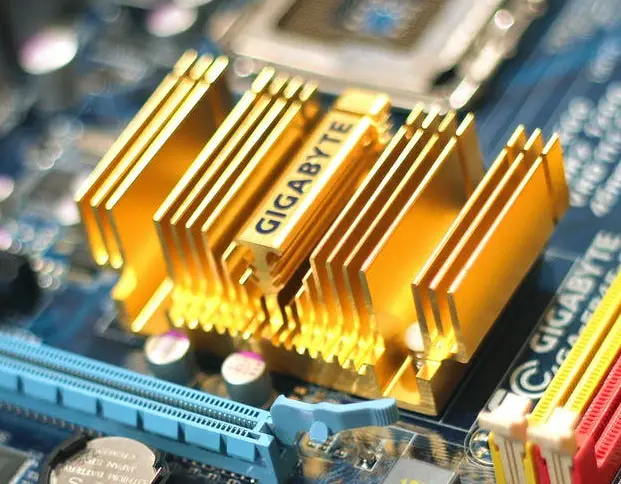More than a year after China closed a deal to acquire one of Britain’s largest chip-makers, Britain has reversed the sale on grounds of national security, sparking a backlash from China, which maintains the British government has violated international trade rules.
Chinese Foreign Ministry spokeswoman Mao Ning condemned the British action, when asked about it during a Friday press conference. She said Britain must, “respect the legitimate rights and interests of Chinese companies” and should offer a “fair, just and non-discriminatory business environment.”
She went on, “The UK has overstretched the concept of national security and abused state power to directly interfere in a Chinese company’s normal investment cooperation in Britain. This violates the lawful rights and interests of the company concerned, and the market economy principles and international trade rules which the UK has long claimed itself to be a champion of.”
The UK’s Department for Business, Energy and Industrial Strategy had ordered Wingtech technology, a Chinese firm, to divest itself of an 86% share in Newport Wafer Fab which it had acquired in July of 2021 for $75 million. The company, based in Newport, Wales, is Britain’s largest microchip manufacturer.
The department has noted, the reversal of the sale was, “necessary and proportionate to mitigate the risk to national security.” It went on to note that if the Chinese frim had gotten access to the company, it could compromise “technology and know-how” which would “undermine UK capabilities.”
Wingtech issued a statement through its Dutch subsidiary, Nexperia Holding, which said the firm was, “shocked” by the reversal, given the transaction had previously been “cleared by two previous security reviews.” It promised it would appeal the order.
The company’s UK manager said, “The decision is wrong, and we will appeal to overturn this divestment order to protect the over 500 jobs at Newport. This decision sends a clear signal that the UK is closed for business.”
The British decision was performed under the auspices of the new National Security and Investment Act, which went into effect in January. This was the second time it was used to block a deal with a Chinese company. In August, it was used to reject the purchase of a UK Tech firm by Super Orange HK Holding, a Hong Kong based company. The government noted at the time the British company’s software “could be used to build defense or technological capabilities.”

